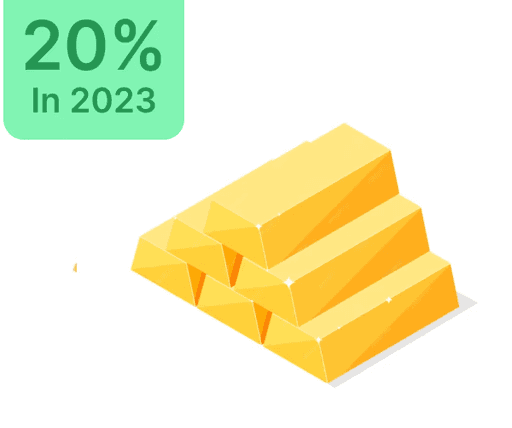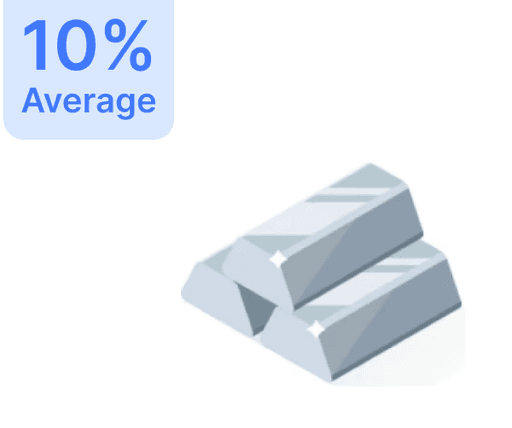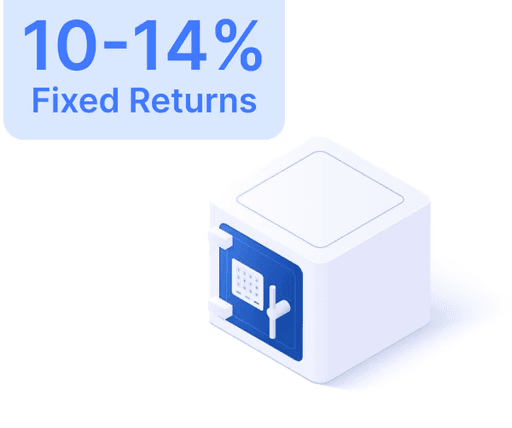
ESAF Small Finance Bank

 Jul 23, 2024
Jul 23, 2024 15 Mins
15 MinsESAF Small Finance Bank: Pioneering Inclusive Banking in India
ESAF Small Finance Bank, formerly known as ESAF Microfinance and Investments, stands out as a significant entity in the Indian banking sector, primarily focusing on serving the underserved and underbanked sections of the society. Since its inception as a small finance bank in 2017, ESAF has made considerable strides in providing banking services and small loans to those at the lower rungs of the economic ladder.
History and Growth
The journey of ESAF began in 1992 in Mannuthy, Thrissur, Kerala when K. Paul Thomas, along with a group of like-minded individuals, founded the Evangelical Social Action Forum as an NGO. This entity primarily engaged in microfinancing through ESAF Microfinance, which later transformed into ESAF Small Finance Bank after receiving a banking license from the Reserve Bank of India.
The official inauguration of ESAF as a small finance bank was done by Kerala's Chief Minister, Pinarayi Vijayan, on March 17, 2017. It marked a significant milestone, being the first banking license issued in Kerala since India's independence. The bank originally served with a modest number of branches but has since expanded its operations across various states, significantly increasing its workforce and branch network.
Operations and Financials
ESAF operates with a strong emphasis on financial inclusion, offering a range of financial products including savings accounts, loans, insurance, and microfinance solutions. By 2020, the bank boasted over 500 branches with a notable presence in 11 states across India. Financially, ESAF has shown robust growth with the reported revenue reaching ₹3,141 crore and net income at ₹302 crore in the financial year 2023.
The bank's innovative approach in microfinancing has been pivotal in its strategy. It serves a vast base of customers who typically do not have access to traditional banking services. These include small business owners, women entrepreneurs, and individuals in rural and semi-urban areas.
Achievements and Future Prospects
In December 2018, ESAF achieved another milestone by obtaining approval from the RBI to operate as a scheduled bank. This status not only enhances the bank's credibility but also lowers the cost of funds which can facilitate further expansion and inclusion of more services.
The bank’s consistent performance and commitment to inclusive banking have paved the way for its initial public offering (IPO) which was approved by SEBI in March 2020, aiming to raise ₹976 crore. This move is expected to further strengthen its financial base and enable larger scale operations.
Conclusion
ESAF Small Finance Bank exemplifies how focused initiatives towards financial inclusion can lead to substantial growth and societal impact. Its journey from a microfinance institution to a full-fledged bank demonstrates the potential of targeted financial services catered to the unbanked segments of society. Looking ahead, ESAF is well-positioned to play a more significant role in India’s banking ecosystem, driving further innovations and inclusivity in the financial sector.




